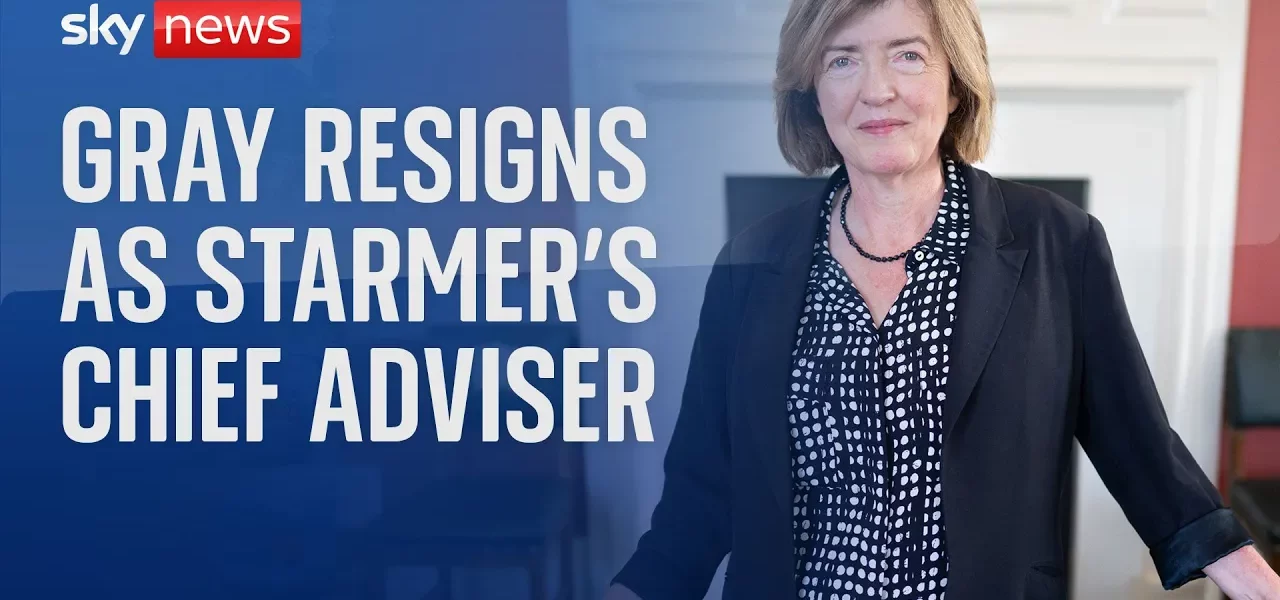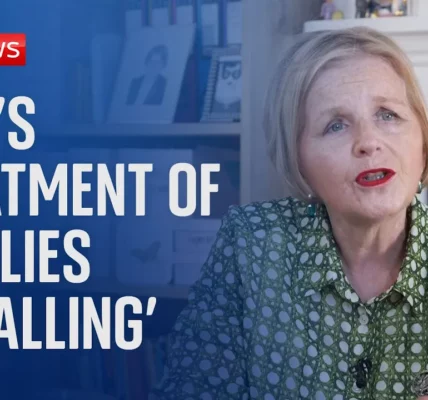Sue Gray Moves from Chief of Staff to Prime Minister’s Envoy for the Nations and Regions

This article provides a comprehensive overview of Sue Gray’s recent transition from her role as Chief of Staff to serving as the Prime Minister’s Envoy for the Nations and Regions. We will delve into the circumstances surrounding her move, its implications for the Labour Party, and the broader political landscape in the UK.
Introduction
Sue Gray’s recent shift from Chief of Staff to the Prime Minister’s Envoy for the Nations and Regions marks a significant change in the leadership dynamics within the Labour Party and the UK government. This transition comes amidst various speculations regarding her influence, compensation, and the overall functioning of Number 10. As the political landscape in the UK evolves, understanding the implications of Gray’s new role is essential for both political analysts and the general public.
The Role of Sue Gray in the Labour Party
Sue Gray’s career trajectory has been anything but conventional. Initially a civil servant, she gained prominence during the investigation into the “Partygate” scandal, which scrutinized the actions of government officials during the pandemic.
From Civil Servant to Chief of Staff
Gray’s appointment as Chief of Staff by Keir Starmer was seen as a strategic move, aiming to leverage her expertise in navigating government structures. Her responsibilities included:
- Advising the Prime Minister on policy decisions
- Managing the government’s operational aspects
- Strengthening relationships with regional leaders
However, her visibility in the media and the controversies surrounding her role have sparked debates about her influence within the government.
Controversies and Media Scrutiny
Gray’s tenure was marked by various leaks and briefings that questioned her authority and the internal dynamics of Number 10. Key controversies included:
- Concerns about her salary and compensation.
- Allegations of tension among senior officials.
- Her public presence overshadowing the Prime Minister’s agenda.
These factors contributed to the perception that Gray was perhaps too prominent for a role traditionally conducted behind closed doors.
The Transition to Prime Minister’s Envoy
Following her tenure as Chief of Staff, Gray’s new role as Prime Minister’s Envoy for the Nations and Regions has raised questions about its scope and importance. This transition appears to be both a strategic repositioning for Gray and a necessary restructuring within the Labour Party.
Keir Starmer’s Acknowledgment
Keir Starmer publicly expressed gratitude for Gray’s contributions, emphasizing her role in:
- Preparing the Labour Party for government
- Enhancing relations with devolved administrations
- Initiating key programs for change
This acknowledgment reflects the significance of her past contributions while also signaling a fresh direction for her future work.
Implications of the New Role
Gray’s acceptance of this new position suggests a focus on:
- Improving collaboration with regional governments
- Addressing regional disparities in policy implementation
- Enhancing communication between Westminster and devolved administrations
The effectiveness of this role will largely depend on Gray’s ability to navigate the complexities of regional politics and her relationship with the Prime Minister and other cabinet members.
Conclusion
Sue Gray’s move from Chief of Staff to Prime Minister’s Envoy for the Nations and Regions represents a pivotal moment in UK politics. While her previous role came with significant scrutiny, her new position may provide her with an opportunity to leverage her experience in fostering regional relations and addressing governmental challenges. The ongoing restructuring within the Labour Party, combined with the departure of other key figures, indicates a broader transformation that could reshape the political landscape in the UK. For those interested in the evolving dynamics of UK governance, keeping an eye on Gray’s contributions in her new role will be essential.
For further insights on political transitions and leadership changes in the UK, visit our related articles on the Labour Party’s restructuring and regional governance in the UK.
“`




